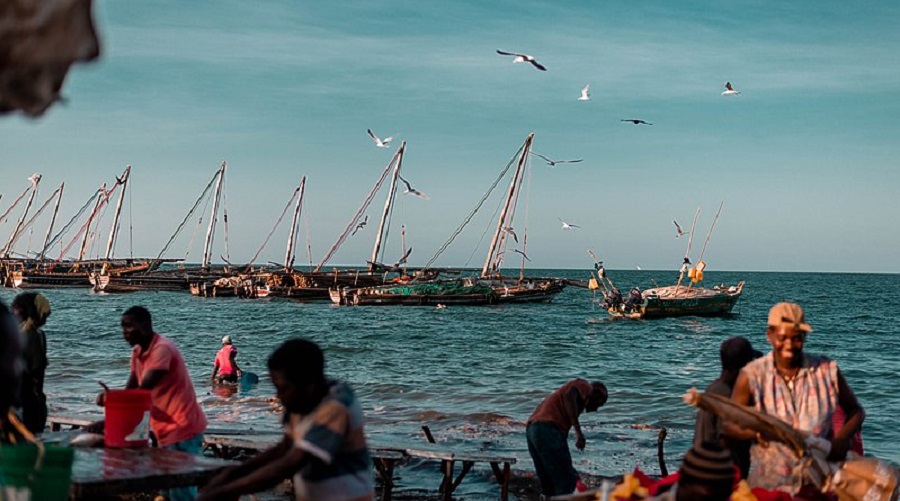
Tags: contaminants, deep sea mining, faculty, International Seabed Authority Assembly (ISA), mineral deposits, mining, ocean ecology, pollution, Rashid Sumaila, sea floor, UNCLOS
While advocates of deep-sea mining say that the investment is needed to provide the metals needed for a carbon neutral economy, opponents point to the irreparable damage that it would have on the environment.

Tags: CSMY, Daniel Pauly, faculty, Modelling, overfishing, Publications, Research, Sea Around Us, sustainability
A recent update introduced to the CMSY methodology used to assess the status of fish stocks has proven to more accurately predict the catch that a population can support than highly-valued data-intensive models.

Tags: aquaculture, CORU, diet, faculty, IOF postdoctoral fellows, mariculture, Muhammed Oyinlola, nutrition, Paris Agreement, Research, Sea Around Us, seafood, Solving FCB, William Cheung
This could be reduced to a roughly 10% decline if the world were to meet the Paris Agreement targets of limiting global warming to 1.5 to 2 degrees Celsius - which recent reports have shown we're not on track to achieve.

Tags: honours, Larkin Lecture
The Peter A. Larkin Award recognizes a leading fisheries researcher who is committed to research excellence, inspiring education, and innovative societal engagement. Deadline November 30, 2023

Tags: Deng Palomares, honours, IOF Research Associates, NOAA, Research, Sea Around Us, United Nations (UN), United States
Dr. Maria ‘Deng’ Palomares, has been invited to become a member of the international steering committee for the “Sustainability, Predictability and Resilience of Marine Ecosystems” (SUPREME) program, which is led by the United States of America’s National Oceanic and Atmospheric Administration (NOAA) and endorsed by the UN Decade of Ocean Science for Sustainable Development (UNDOS).

The Murray A. Newman Research Award celebrates highly significant recent work and/or an entire career of important, field-leading contributions in ocean research.

Students from the IOF's FISH 520 course took a fieldtrip to Chilliwack with Dr. Jordan Rosenfeld, Honorary Professor, Applied Freshwater Fisheries Research Unit (AFERU)

Dr. Rashid Sumaila was a panelist as part of the “World Food Day 2023: Water is Life. Water is Food. Leave no one behind” event on October 16, 2023

Tags: Daniel Pauly, film, fish catch, marine catches, Rashid Sumaila, subsidies, World Trade Organization, WTO
Dr. Daniel Pauly, and Dr. Rashid Sumaila, feature in a new film aimed at supporting a critical World Trade Organization (WTO) agreement on fishing subsidies, as the international community races to lock the deal in place before it expires in 2024.

Dr William Cheung will join UBC’s third annual delegation of students, faculty, and staff attending the 28th United Nations Climate Change Conference of the Parties in Dubai, United Arab Emirates, this November